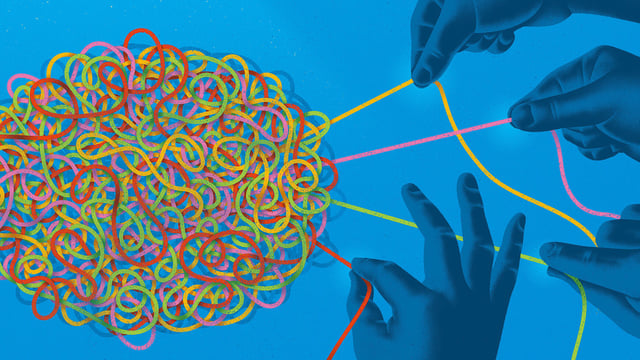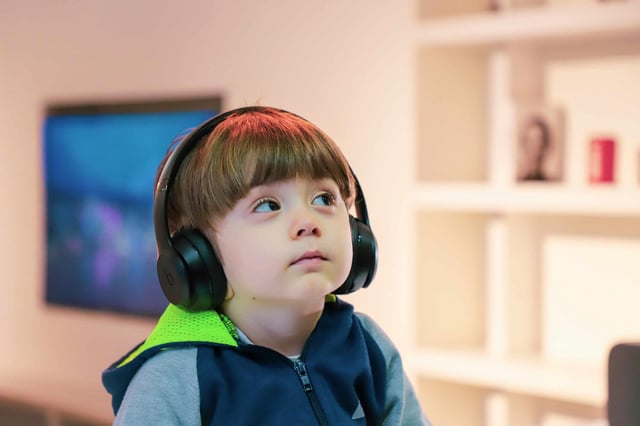Overview
- Princeton researchers analyzed data from over 5,000 children in the SPARK cohort, assessing more than 230 traits to define four autism subtypes.
- The subtypes are social and behavioral challenges, mixed ASD with developmental delay, moderate challenges and broadly affected, each aligning with unique genetic mutations and biological processes.
- Broadly affected children exhibited the highest proportion of de novo mutations, while those with mixed ASD and developmental delay had increased rare inherited variants.
- The social and behavioral challenges subtype accounts for 37% of cases and shows elevated risks of comorbid ADHD, anxiety, depression and OCD.
- Researchers anticipate the framework will spur subtype-specific diagnostic tools and personalized interventions as federal health officials probe environmental factors ahead of September findings.



